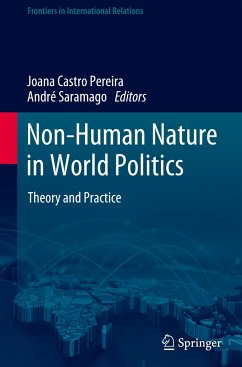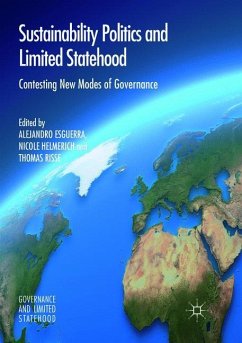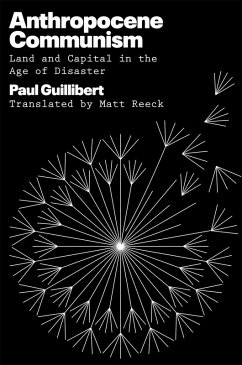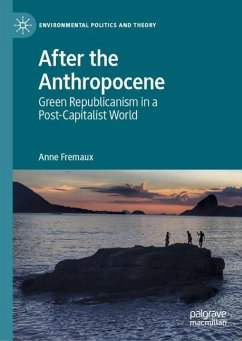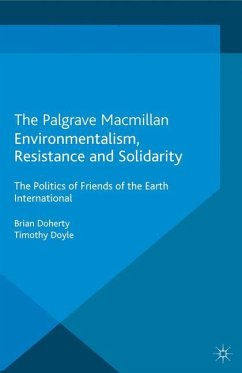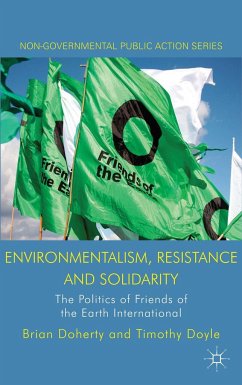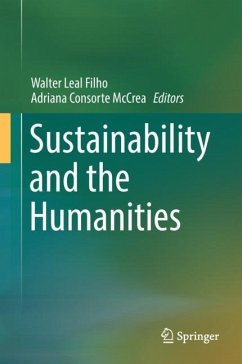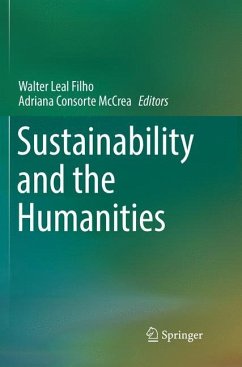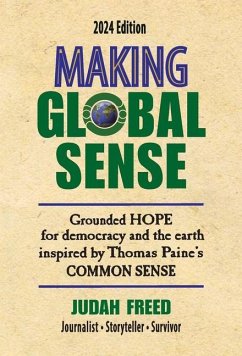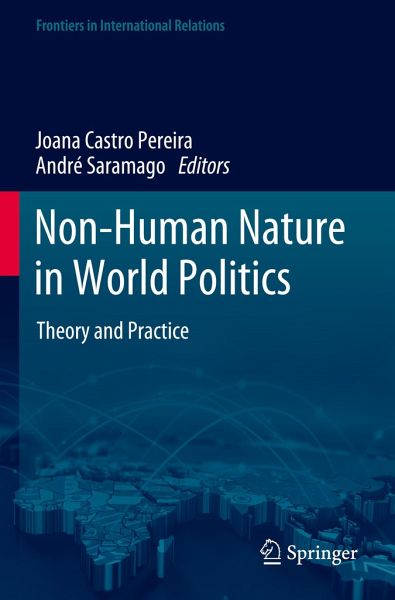
Non-Human Nature in World Politics
Theory and Practice
Herausgegeben: Pereira, Joana Castro; Saramago, André
Versandkostenfrei!
Versandfertig in 6-10 Tagen
76,99 €
inkl. MwSt.

PAYBACK Punkte
38 °P sammeln!
This book explores the interconnections between world politics and non-human nature to overcome the anthropocentric boundaries that characterize the field of international relations. By gathering contributions from various perspectives, ranging from post-humanism and ecological modernization, to new materialism and post-colonialism, it conceptualizes the embeddedness of world politics in non-human nature, and proposes a reorientation of political practice to better address the challenges posed by climate change and the deterioration of the Earth's ecosystems.The book is divided into two main p...
This book explores the interconnections between world politics and non-human nature to overcome the anthropocentric boundaries that characterize the field of international relations. By gathering contributions from various perspectives, ranging from post-humanism and ecological modernization, to new materialism and post-colonialism, it conceptualizes the embeddedness of world politics in non-human nature, and proposes a reorientation of political practice to better address the challenges posed by climate change and the deterioration of the Earth's ecosystems.
The book is divided into two main parts, the first of which addresses new ways of theoretically conceiving the relationship between non-human nature and world politics. In turn, the second presents empirical investigations into specific case studies, including studies on state actors and international organizations and bodies. Given its scope and the new perspectives it shares, this edited volume represents a uniquely valuable contribution to the field.
The book is divided into two main parts, the first of which addresses new ways of theoretically conceiving the relationship between non-human nature and world politics. In turn, the second presents empirical investigations into specific case studies, including studies on state actors and international organizations and bodies. Given its scope and the new perspectives it shares, this edited volume represents a uniquely valuable contribution to the field.





